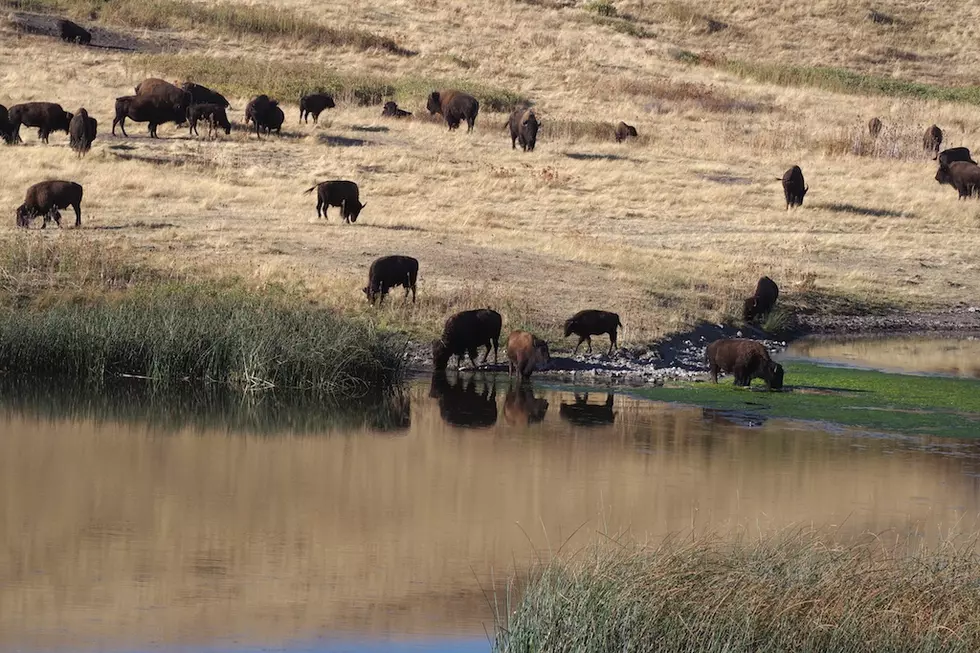
USDA unveils partnerships with Native American tribes
Nolan Stout
WASHINGTON (CN) — The U.S. Department of Agriculture has announced new partnerships with Native American tribes to manage federal lands, promote bison conservation and support animal harvesting and meat processing.
The agency unveiled several measures Wednesday for its part in kicking off the two-day White House Tribal Nations Summit where tribal leaders will meet with administration officials in Washington and highlight recent federal investments on tribal land.
The Forest Service announced 120 new co-stewardship agreements, totaling $68 million in investment, to manage federal lands. The programs help highlight tribal priorities including watershed improvements, wildlife habitat and preventing wildfires. It also seeks to protect sacred sites.
To support the agreements, the agency unveiled an action plan for fulfilling responsibilities to tribes for federal stewardship of lands.
Four tribes across Alaska, Oregon, California and Montana also are receiving about $4.3 million in grants primarily for processing meat on their lands. The program supports modern and traditional harvesting methods for animals native to North America, such as bison, reindeer and salmon.
The USDA also announced several measures to support bison conservation and food access.
The agency unveiled a public-private bison conservation partnership with the Department of the Interior, InterTribal Buffalo Council, Native Americans in Philanthropy, World Wildlife Fund, The Nature Conservancy, and other buffalo-focused nonprofit organizations.
The Department of Agriculture also is partnering with the Sitka Conservation Society to create a new curriculum to educate rural residents about the Federal Subsistence Management Board, which manages fish and wildlife for subsistence uses on federal public lands and waters in Alaska.
Agriculture Secretary Tom Vilsack said the announcements show the agency is “reshaping our programs to incorporate Tribal and Indigenous perspectives, remove barriers, and encourage tribal self-determination.”
“USDA is working directly with tribal nations to support their decisions on how best to co-steward federal lands and forests and the traditions that have been passed down from ancestors and elders,” Vilsack said in a press release. “These investments will also create economic opportunities in tribal communities, elevate the agency’s work to increase co-stewardship in forest management, while also increasing the availability of affordable, healthy protein sources from Indigenous animals that have been the backbone of tribal food systems for generations.”
The USDA measures a part of a slew of new initiatives announced Wednesday aimed at promoting tribal self-determination and economic independence, including an executive order to ease access to federal funding programs.
